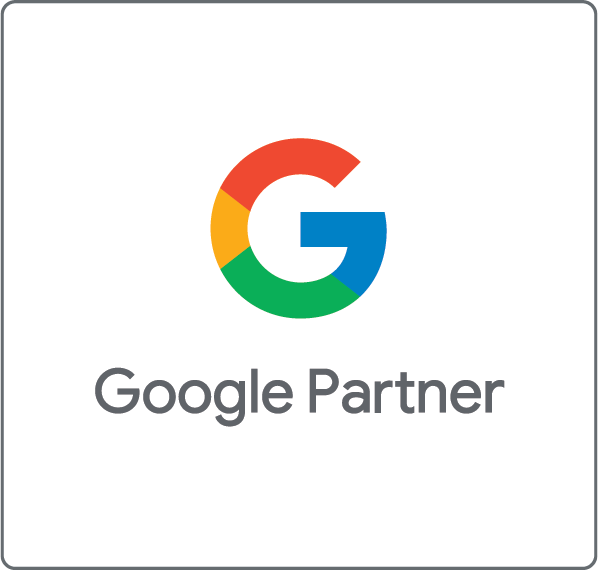Choosing the Most Effective Keywords for SEO Blog Writing

Living in the digital age, search engine optimization (SEO) has become an essential part of achieving visibility when attracting organic traffic, which millions of websites are competing for today. Keywords are one important component in boosting SEO blog, so picking the right ones and the frequency they are used can make it or break it.
What is SEO and How is it Beneficial?
SEO refers to the process of improving the appearance and positioning of a website in the results of a search engine. By strategically implementing SEO techniques, you increase the chances of your blog content being discovered by users searching for relevant information.
SEO can be beneficial for a multitude of reasons. First, they can aid in increasing the organic traffic to your website and because of the higher the positioning, more users will more likely click on it. Second, through SEO there is a higher amount of clicks compared to PPC (pay-per-click) campaigns. Additionally, SEO can lead to trust and credibility for users which can result in brand awareness and business growth. The benefits that come with SEO are long-lasting, which is why using the best keywords can be very important.
Knowing Your Target Audience
The best place to start is with the target audience. Knowing who your target audience is crucial for effective keyword selection. If you know your ideal readers, you can tailor your content and keywords to match their interests and needs. To identify your target audience, consider the following factors: demographics, interests and preferences, and search behavior.
Demographics: Characteristics of a population such as age, gender, location, language, and other relevant information.
Interests and preferences: Determine the topics and subjects that resonate with your target audience.
Search behavior: Research the keywords and phrases your audience uses when searching for information.
By learning about your target audience, you can create content that addresses their requirements and uses keywords that align with their search behavior.

Keyword Research
Keyword research is an essential step in selecting the most effective keywords for your SEO blog writing. It involves identifying relevant keywords and phrases that have high search volume and relatively low competition. Here are some methods to conduct keyword research:
Keyword research tools
There are many different keyword research tools available to further your search. Google Keyword Planner, Ahrefs, or Moz Keyword Explorer are just a few that you can utilize to discover popular keywords related to your topic. These tools provide data on search volume, competition, and keyword variations. Another way to research keywords is to use Google Autofill, which recommends common search phrases. Using this tool can give insight to what people are frequently looking up.

Analyze competitors
Study your competitors’ websites and blogs to gain insight into the keywords they are targeting. Look for common themes and popular keywords they use in their content. Try to find what keywords are not commonly used by them to avoid major competition.
Long-tail keywords
Long-tail keywords are more specific and have lower competition. Including long-tail keywords in your content can help you target a niche audience and improve your chances of ranking higher in search results. For example, instead of “SEO blogs” you could use “Best SEO blog practices for e-commerce websites” in order to narrow it down.
While it is important to incorporate keywords into blogs, you should also be aware of not overstuffing. The main priority is to give your audience authentic and valuable content and use keywords and naturally as possible.
Choosing the most effective keywords for your blog requires a deep understanding of your target audience, thorough research, and careful analysis of competitors. By aligning your content with the interests and needs of your audience, and strategically implementing well-researched keywords, you can improve your website’s visibility and drive organic traffic. Remember, SEO is an ongoing process, so continuously monitoring keyword performance and adjusting your strategy will help you stay ahead in the ever-evolving digital landscape. Get in touch with Bright Age today to learn how we can help in the process of optimizing SEO.





